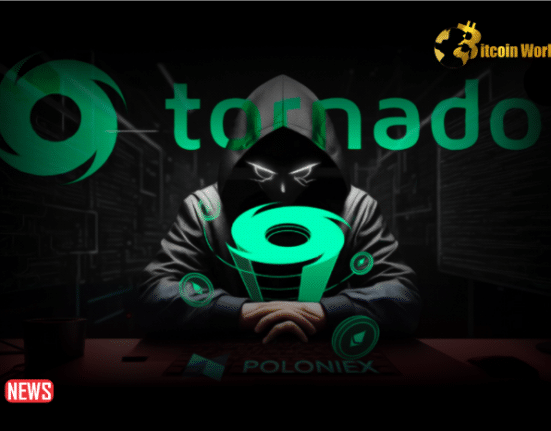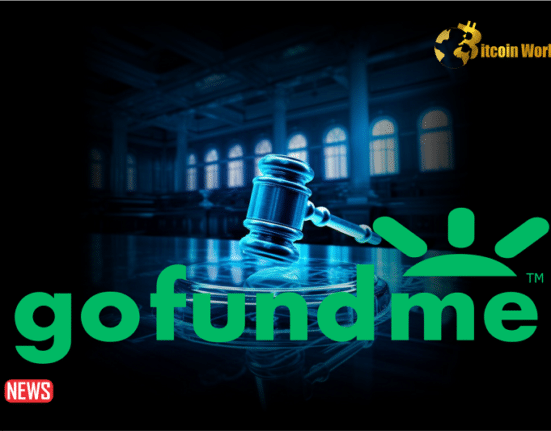Two former Tornado Cash developers, Roman Storm and Romen Semenov, recently found themselves in the crosshairs of the U.S. Office of Foreign Asset Control (OFAC). On August 23rd, they faced an indictment for allegedly conspiring to run an unlicensed money-transmitting business, among other charges. The crypto world, always sensitive to regulatory pushback, watched with bated breath.
However, Coin Center, a prominent crypto advocacy entity, has vehemently expressed its disagreement with the indictment’s assertions. The heart of the matter, according to Coin Center research director Peter Van Valkenburgh, lies in the distinction between offering software to facilitate money transmission and the actual act of money transmission itself.
In his analytical commentary, Valkenburgh highlights, “The indictment says the defendants ‘engaged in the business of transferring funds on behalf of the public’ without a FinCEN registration. But where’s the evidence showing that they actually engaged in money transmission as defined by the pertinent legislation?”
Guidance from the U.S. Financial Crimes Enforcement Network (FinCEN) sheds some light. The U.S. Bank Secrecy Act notably articulates that “an anonymizing software provider is not a money transmitter.” Expanding on this, Valkenburgh draws attention to another clause: only those leveraging the software for anonymizing their transactions could potentially be labeled as money transmitters, based on transaction intent.
Even if Tornado Cash’s software has made money transmission more accessible for individuals using its smart contracts, it doesn’t directly tag the developers as money transmitters. As Valkenburgh succinctly puts it, “Providing tools doesn’t automatically convert you into a transmitter.”
Furthermore, the indictment’s claims that Storm and Semenov held complete dominance over the protocol’s smart contracts draw criticism. “Ethereum smart contracts vary – some are uncontrollable, others offer partial or full control. This distinction is crucial to ascertain money transmission activity,” Valkenburgh points out.
Coin Center’s disagreements with the U.S. Treasury aren’t recent. Last October, the group took legal action against the agency for its controversial sanctioning of Tornado Cash. With the OFAC asserting that Storm and Semenov needed a FinCEN registration, the implications run deep. On that fateful August day, Semenov found himself on OFAC’s exclusionary list, while Storm faced arrest in Washington.
The Tornado Cash story also involves Alexey Pertsev, another co-founder, who experienced imprisonment in the Netherlands in 2022, only to be released months later.
For Valkenburgh and many others in the tech world, the Tornado Cash episode isn’t just about two developers. It represents a broader battle – a battle for the rights of U.S. citizens to create and distribute software. The final verdict? It may redefine the relationship between tech innovation and the law in America.














